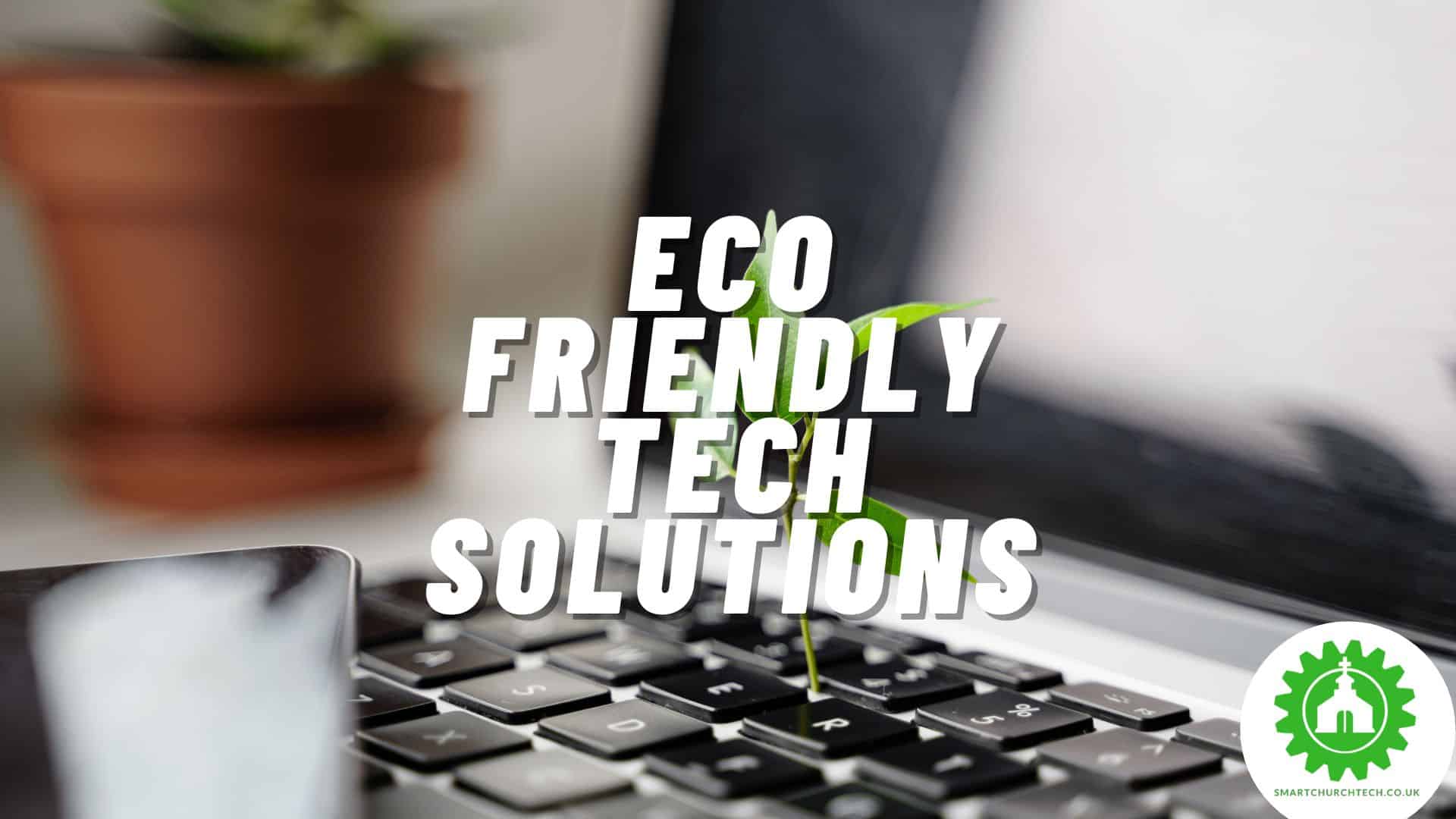The echoes of environmental concern reverberate louder than ever, but it’s not just industries and individuals turning their compass towards sustainability; religious institutions are also stepping up. Churches, with their community-centric nature and moral ethos, are uniquely positioned to lead by example in the shift towards eco-friendly practices. Embracing green technology isn’t just about reducing carbon footprints—it’s about embodying the stewardship that many faiths preach. Here, we explore how churches can integrate eco-friendly tech solutions to foster a more sustainable ministry.
Lighting the Way: Solar Power
One of the simplest yet most profound changes a church can make is switching to solar power. This shift not only represents a commitment to God’s creation but also offers long-term financial savings. Imagine the steeples and rooftops, once mere symbols of spiritual guidance, now also serving as bastions of sustainability with solar panels. By harnessing the sun’s energy, churches can light their facilities, power heating systems, and even charge electric vehicles used for community service, all while cutting down on utility bills.
Holy Waters: Smart Irrigation Systems
For churches that maintain gardens or large grounds, water usage can be a significant part of their ecological footprint. Enter smart irrigation systems—technology designed to reduce water waste. These systems use weather forecasts, soil conditions, and plant types to optimize watering schedules and quantities. Such an approach not only conserves water but also ensures that the church grounds remain verdant and inviting without excess.
Divine Data: Energy Management Systems
To truly honor the ethos of ‘creation care,’ churches can employ sophisticated energy management systems. These systems monitor energy usage across church facilities, identifying wasteful practices and suggesting efficiency improvements. By adjusting heating during less busy times or optimizing lighting based on the congregation’s presence, churches can significantly reduce their energy consumption.
Recycling the Old, Embracing the New
E-waste is a growing concern globally, and churches often have outdated technology cluttering their storerooms. By setting up e-waste recycling programs, churches not only clear out old tech but also contribute to the reduction of hazardous waste. Furthermore, they can encourage the community to bring in their own e-waste, turning church grounds into recycling hubs that serve the wider community.
Community Connection: Digital Outreach
In the digital age, paper use is a significant environmental concern. Churches can minimize this by transitioning to digital newsletters, announcements, and donation systems. Digital outreach platforms not only reduce paper use but also expand the church’s reach. Live-streaming services and virtual prayer meetings can include those unable to attend in person, ensuring no one misses the communal experience of worship.
Make a Difference
As we tread further into the 21st century, the call for sustainability becomes more urgent. For churches, adopting eco-friendly technology is not just a practical choice but a moral imperative—a true reflection of their commitment to stewardship of the Earth. By integrating solar power, smart irrigation, energy management, recycling initiatives, and digital outreach, churches can lead by example, showing that faith and environmental responsibility go hand in hand in the quest for a sustainable future.

